Why women’s security in public transport is important
Posted 6 years ago
The FIA Foundation has funded an independent research which
has looked at the patterns of women’s use of public transport in cities in
South Africa, Ecuador, Argentina and Chile.
The new Latin American ‘Ella se mueve segura’ (‘Women move
safely’) project which will soon be released, was a joint project with CAF, the
Latin American Development Bank.
The project has shown that women use public transport more
than men, opt to use bus transport rather than rail and rate personal
security issues as their main concern.
Below are some of the reasons why personal security for
women is important:
1. Women need safe
public transport to support economic development
Women make a vital and growing economic contribution
globally. CAF estimates that improving women’s participation in the work force
in Latin America could add an additional 34 percent to the region's GDP, and
that their role in the Latin American so called ‘economic miracle’ with average
growth rates of around 5 percent between 2002 and 2008 was crucial.
Increasingly women are sole breadwinners in some of the poorest families.
2. Women need safe
public transport options to make good health and education choices for their
families and communities
Women shape communities. They access healthcare for
themselves and their families which is essential to ensure healthy communities,
and they choose the education which will enable children to grow to be skilled
and fulfilled people. They will miss health checks, and use the easiest and not
necessarily the best schools if transport links are poor.
3. Women need to
experience safe public transport options because unless they feel safe on
public transport they won’t recommend it to their families, and we won’t make
any progress
Linked to this women also influence the transport choices of
the next generation of transport users. They share their experiences of
sustainable transport options with their families, and like anyone they will
only recommend what they like.
4. Women have a right
to be safe
Finally, and most fundamentally; women have personal rights
to be safe, to be respected, and to achieve their potential, yet currently
traditional systems of public transportation delivery and management ‘are a
nightmare for women everywhere’ as the New York Post recently opined.
Creating safe public spaces is challenging, but it is vital
that this is taken forward. Public transport options which address women’s
concerns are at the heart of our ability to achieve sustainable development and
sustainable mobility.
A system which fails women, undermines ambitions for sustainable mobility and sustainable development. The Sustainable Development Goals are like a stack of bricks. SDG 5 speaks of respecting and empowering women – pull it out and the whole SDG stack will come tumbling down.
The article contain excerpts from a presentation by FIA Foundation Deputy Director Sheila Watson during the Sustainable Mobility for All (SuM4ALL) consortium meeting in Bonn, Germany.
editor@roadsafetyhub.com

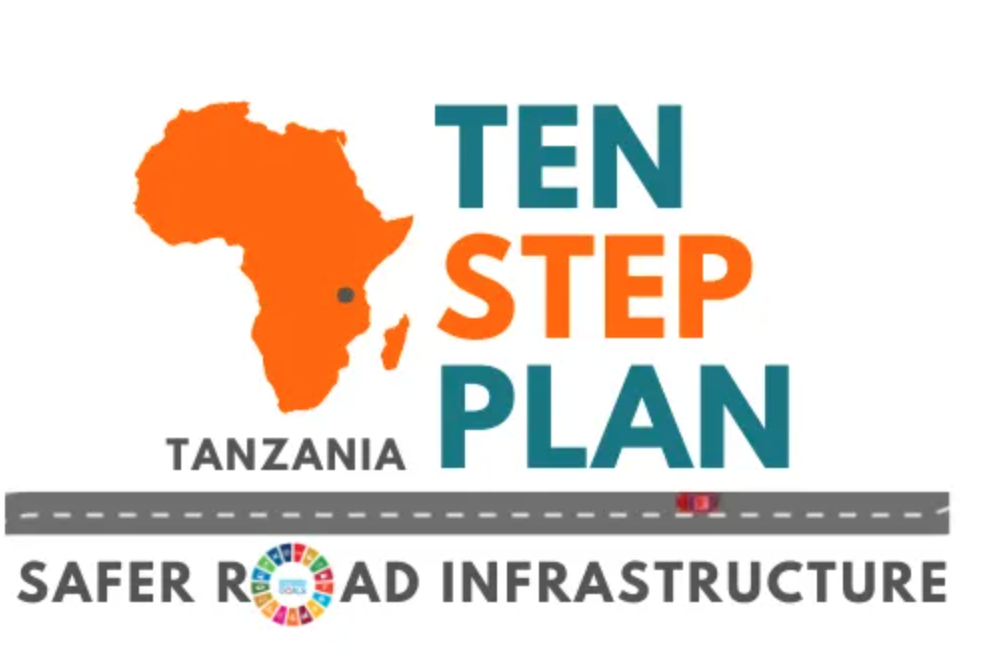
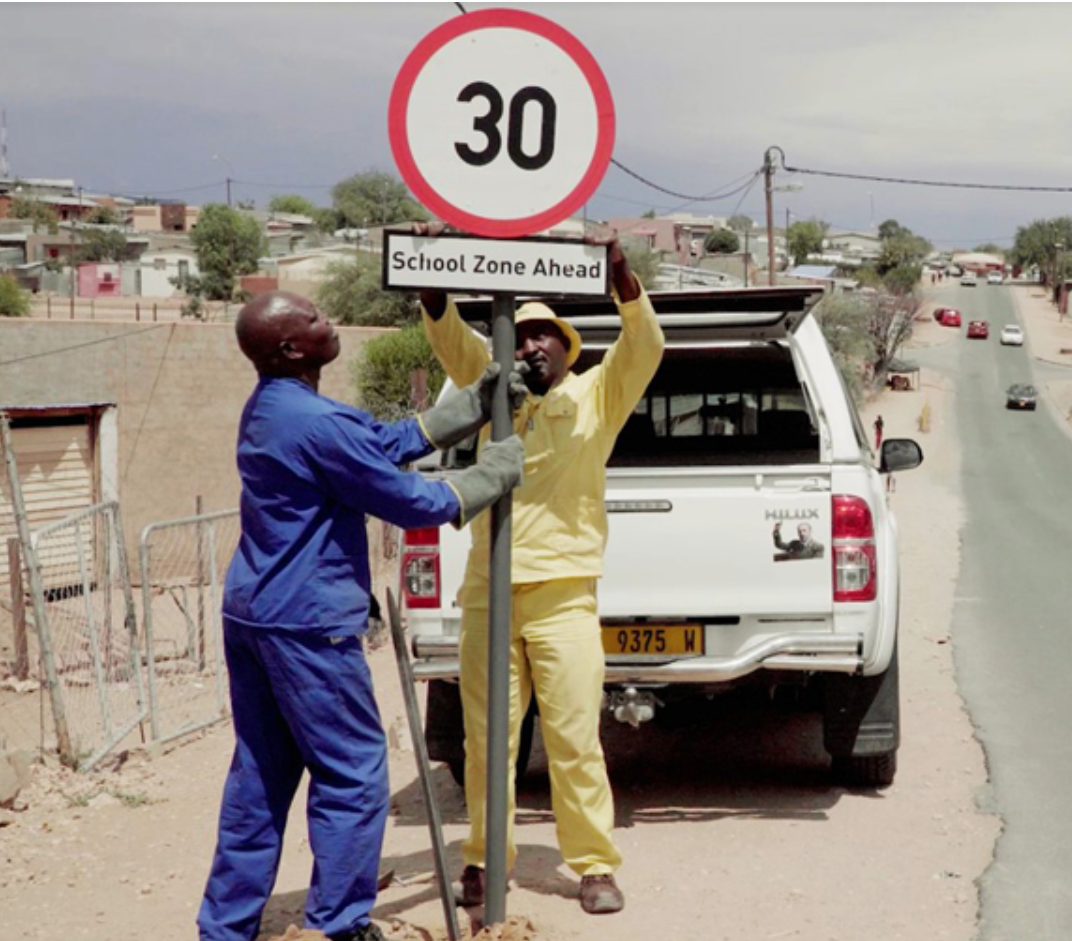
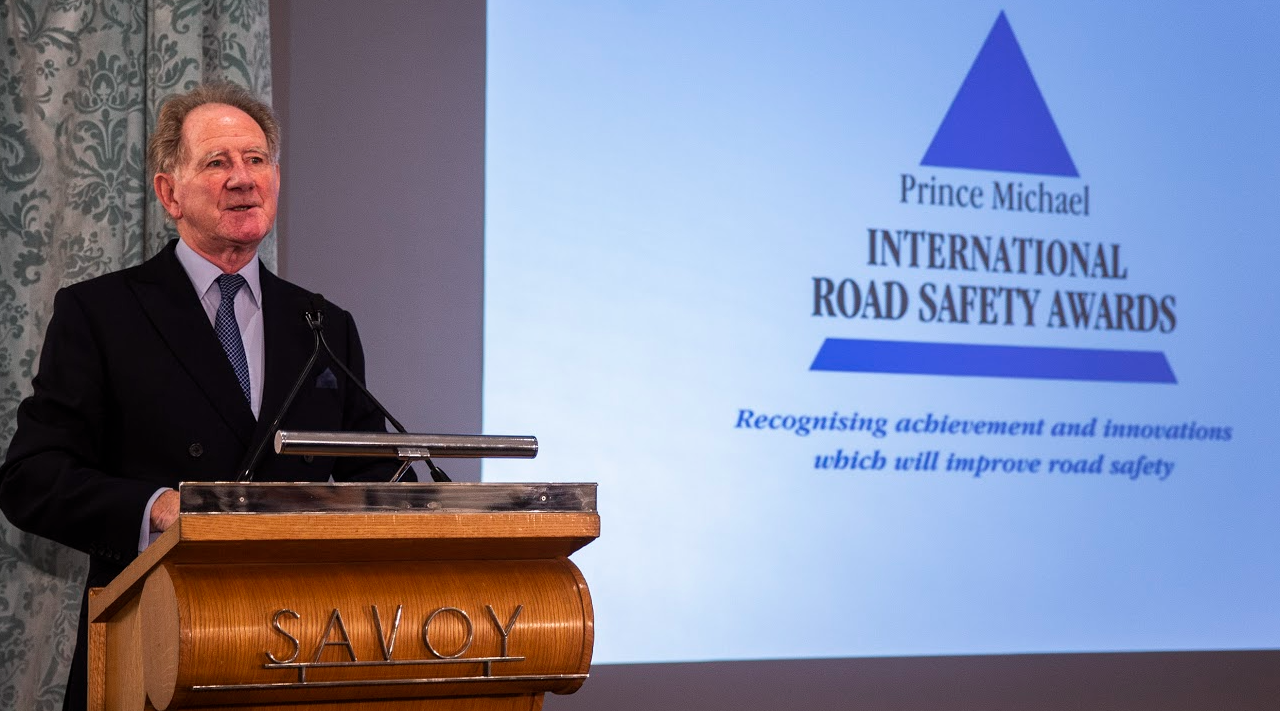
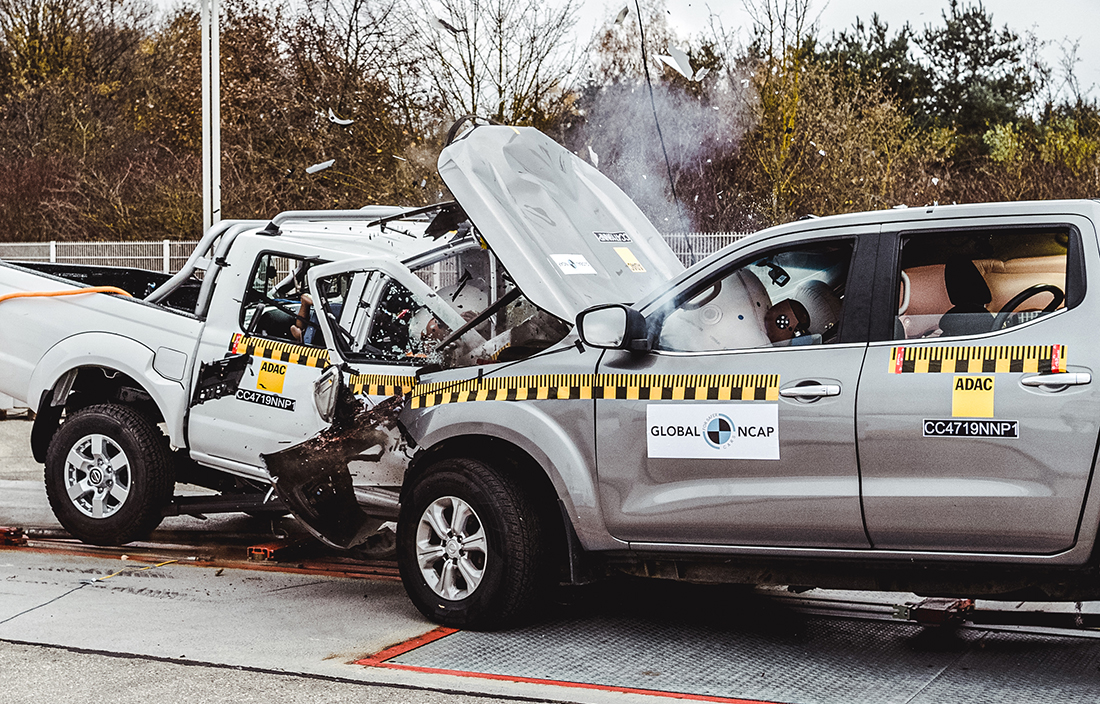
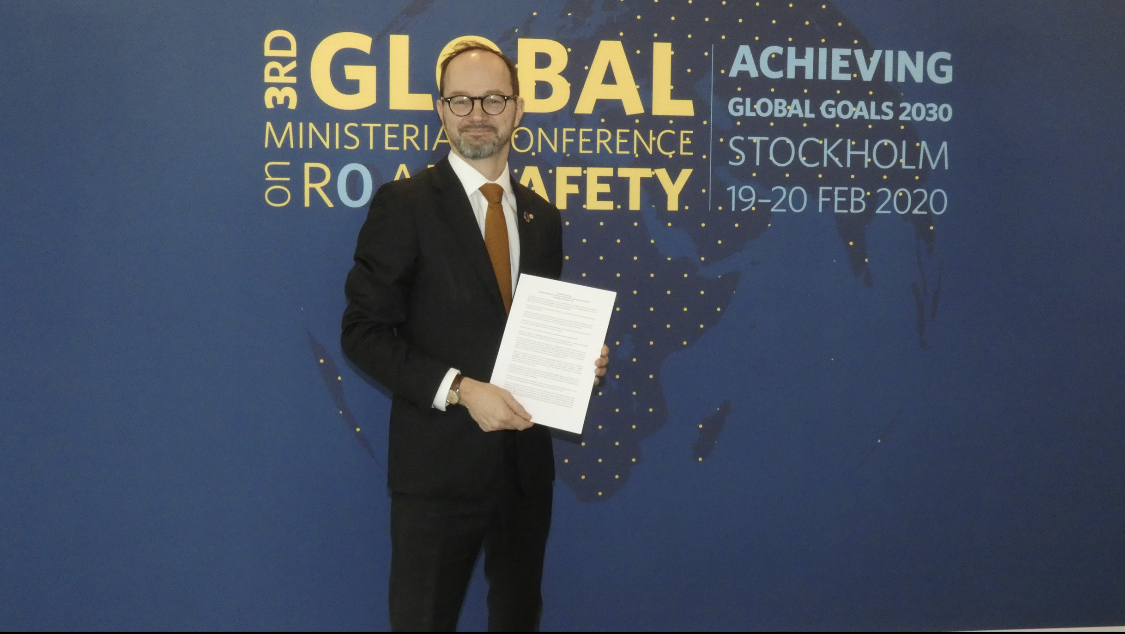

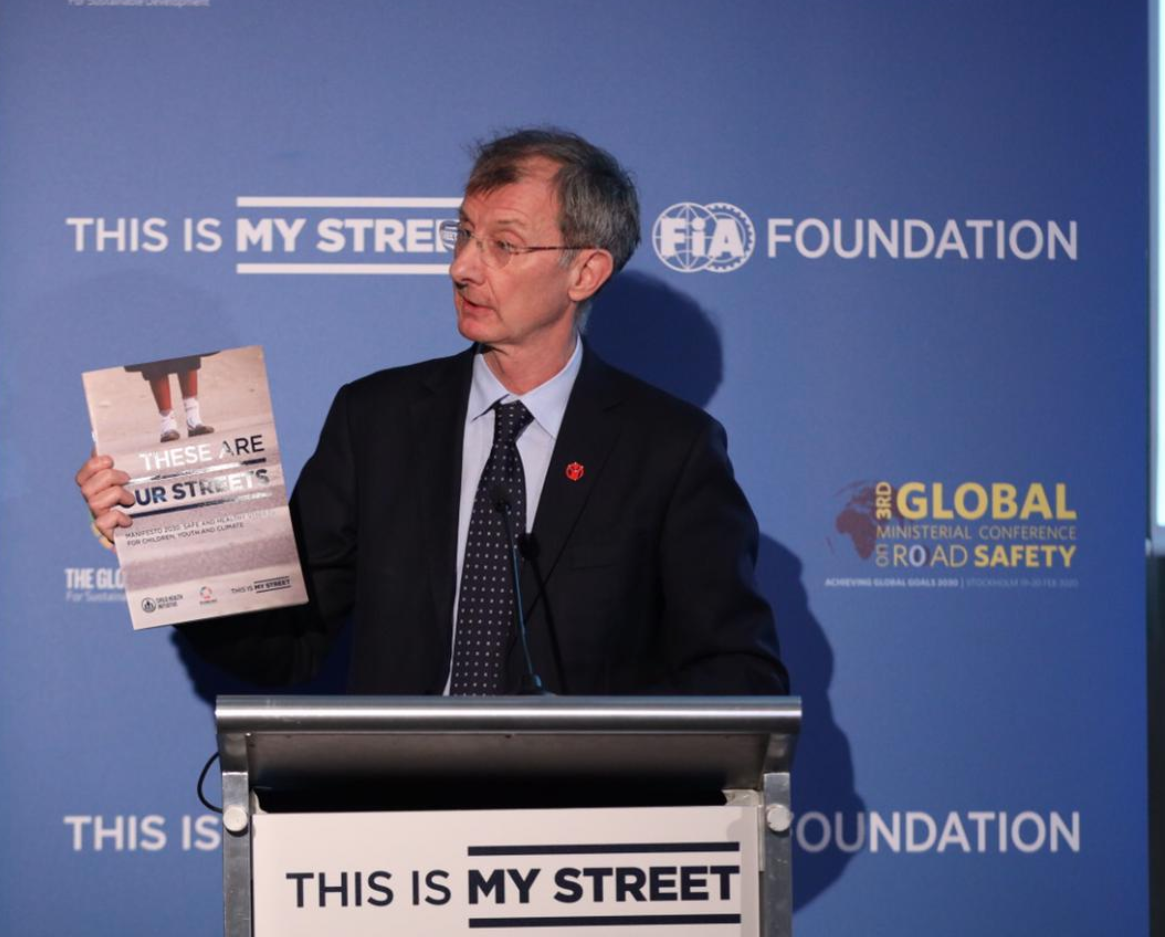

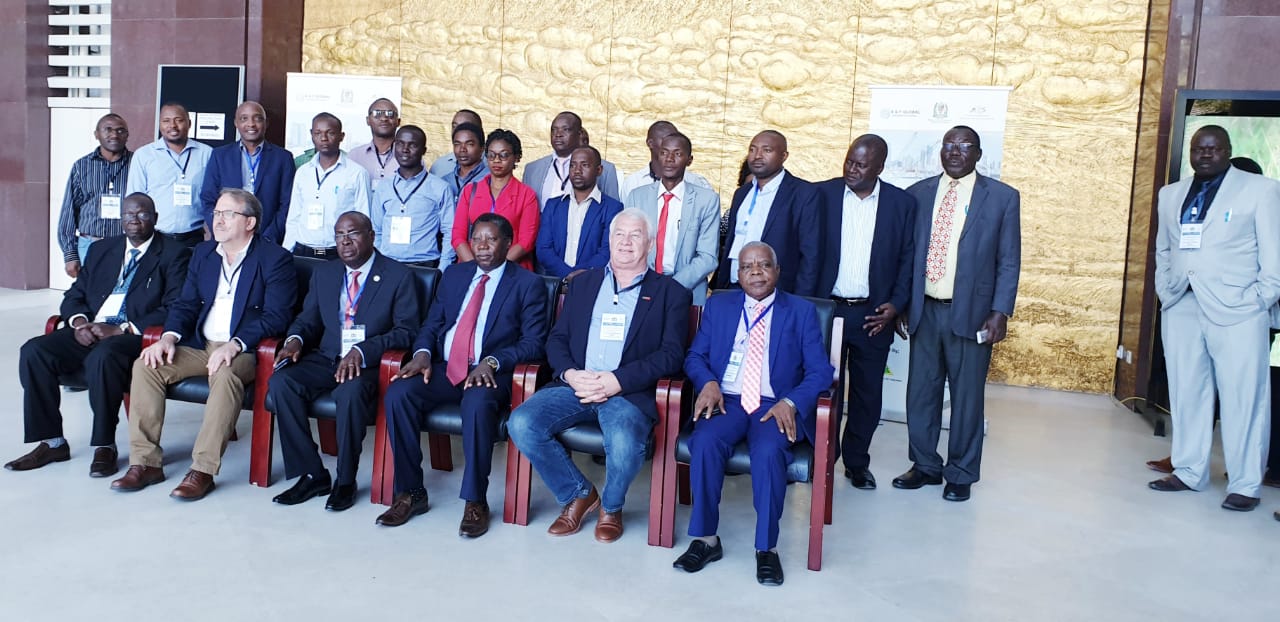
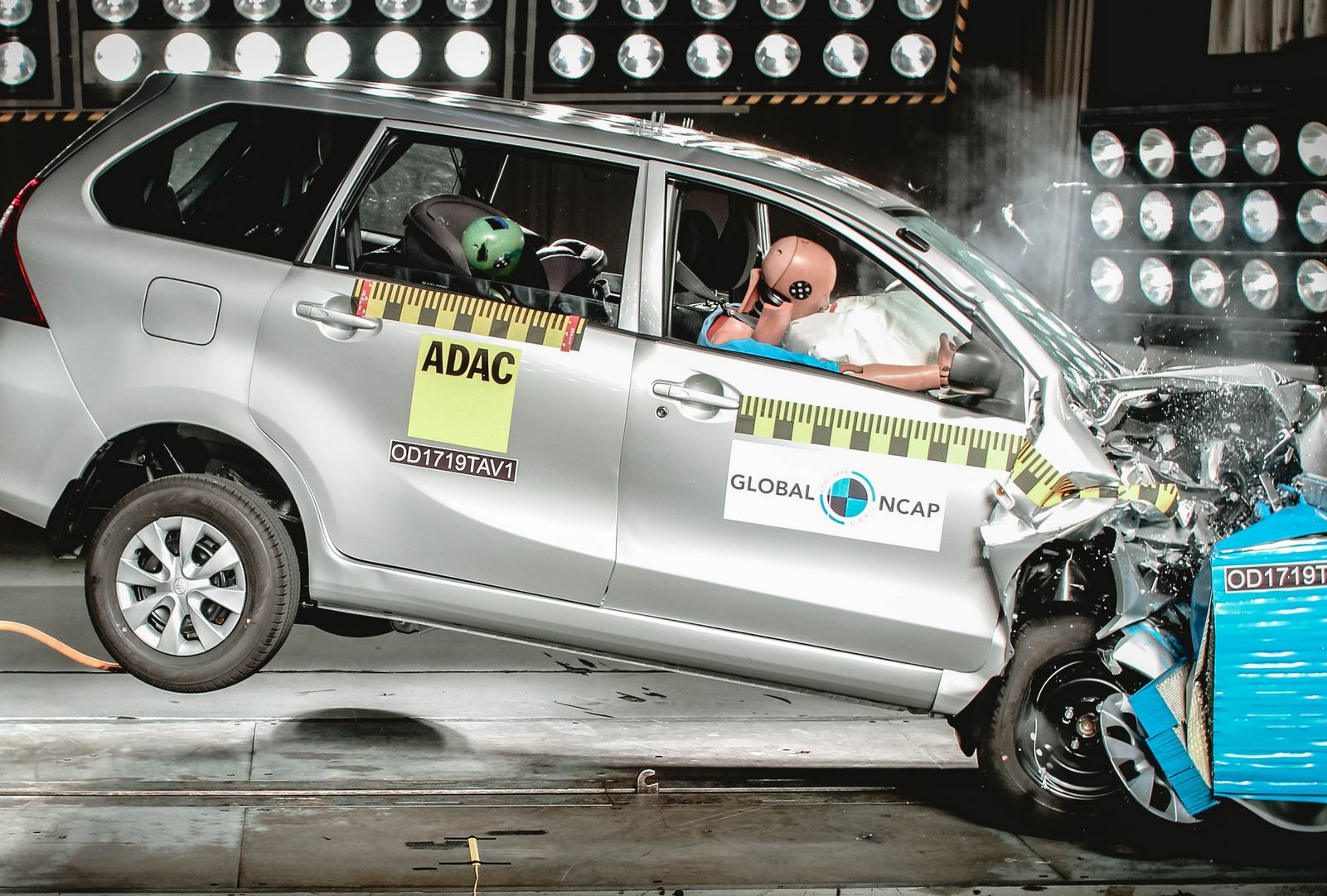
 RSS Feeds
RSS Feeds